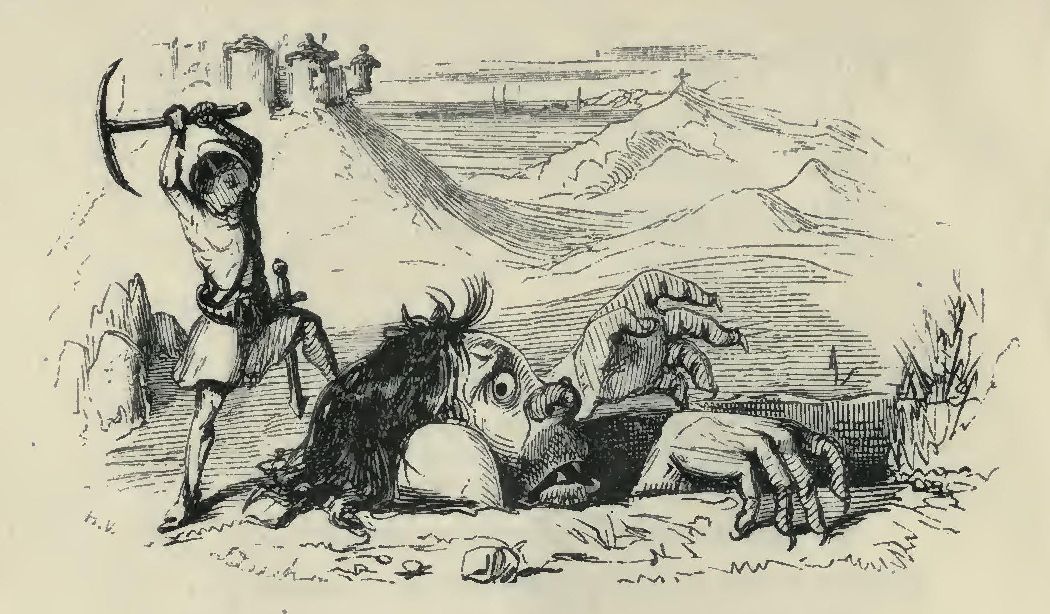The thesis is based on subtitles analysis of the Grand Theft Auto IV videogame script.
But everything came out from a question: can a videogame be interesting for Translation studies? This analysis explores Translation Studies theories, expecially about culture specific references and translation strategies, then moves on to analyse five mission scripts from this videogame, that is set in a digital and almost mirrored New York. Liberty City (the name of the city where GTA is set) is as multiethnic and multicultural as its actual physical counterpart in the US. Its own population shows cosmopolitism, especially in the way the language is spoken.
The work is divided in four chapters:
- In the first one, the videogame world is being introduced, starting from Pong, the first and simplest videogame; from then, as the world developed with technology and progress, videogames have become more complex and more realistic in gameplay, graphics and storyline; some words are spent about storyline, which is the part being influenced by translation and localisation
- The second chapter is mostly a description of Translation Studies, localisation and what is interested in videogame adaptation: censorship and humour in videogames are constantly and mostly considered as main elements in the whole process of translation, localisation and adaptation.
- The third chapter is the description of this videogame: there is going to be a comparison between the city of New York and its digital counterpart, then the plot, and in the end the language spoken in Liberty City.
- The fourth chapter is the analysis of the script, comparing the original subtitles with the italian subtitles, following the translation strategies from Diaz Cintas and Remael. In the analysis you can notice how some phrases, curses, slang expressions and sarcasm are adapted from English to Italian, and, as you can see in Shadow mission’s analysis, to neapolitan dialect.
All these elements are analysed in phonetics, grammatics, phrasal structure and semantics, and are fused with several culture specific references like cinema references (an example being Point Break’s robbery scene in Three Leaf Clover mission), territorial references (examples are the hints about characters’ origins) and religious references (the way the Shining movie reference has been adapted in biblical quote in the italian adaptation). At the end of the work the answer to the initial question is found. So, can a videogame be interesting for Translation Studies? The answer would be “yes”, because, as you can see, a lot of effort is required in order to make a videogame a real worldwide multimedia masterpiece, and Rockstar Games’ translators and localisation testers did a very brilliant job.
Bibliography:
- Bernal-Merino, Miguel Á. (2015) Translation and Localisation in Video Games. Making Entertainment Software Global. Routledge, New York/London.
- Díaz Cintas, Jorge (2008) Audiovisual Translation Comes of Age, in Chiaro D., Heiss C., Bucariaeds C., Between Text and Image: Updating Research in Screen Translation, John Benjamins, London/New York.
- Díaz Cintas, Jorge – Remael, Aline (2007) Audiovisual Translation: Subtitling. St. Jerome, Manchester.
- Ranzato, Irene (2010) La traduzione audiovisiva: Analisi degli elementi culturospecifici. Bulzoni, Roma.
- Ranzato, Irene (2015) Translating Culture Specific References on Television. The Case of Dubbing. Routledge, New York/London
Abstract tesi di
Pierpaolo Prevete









